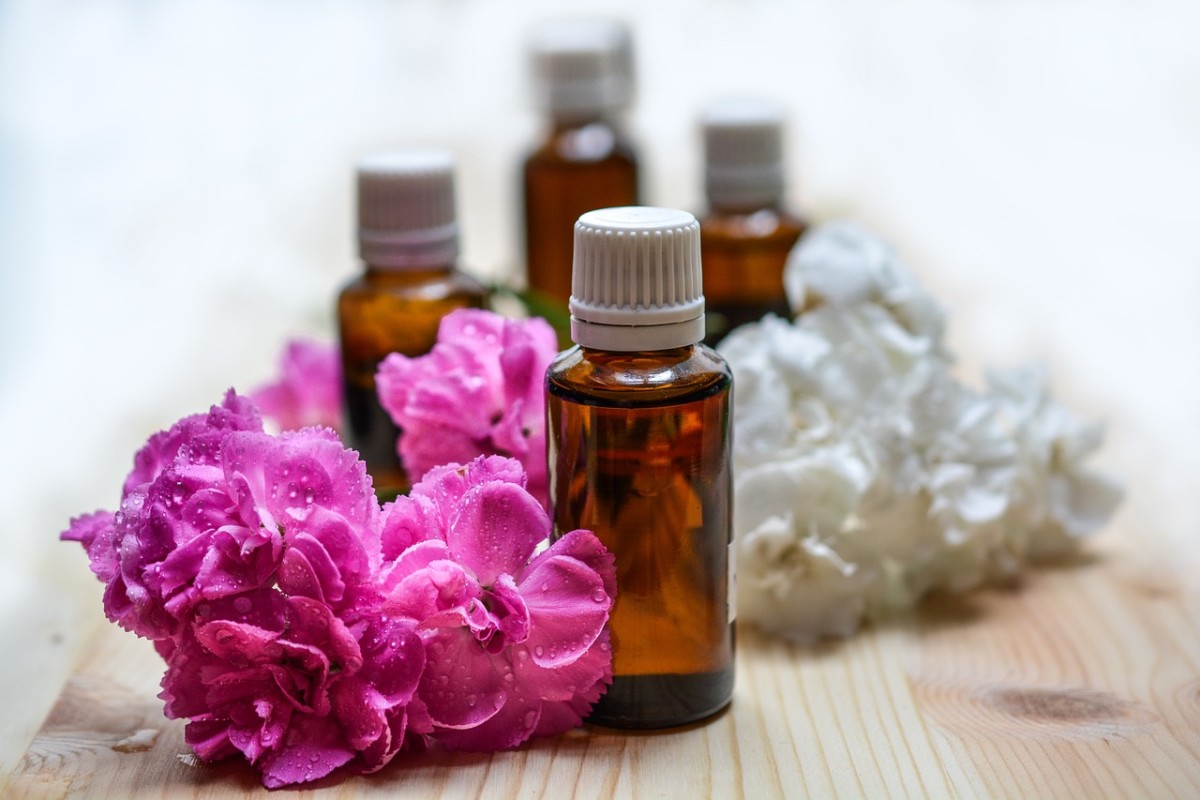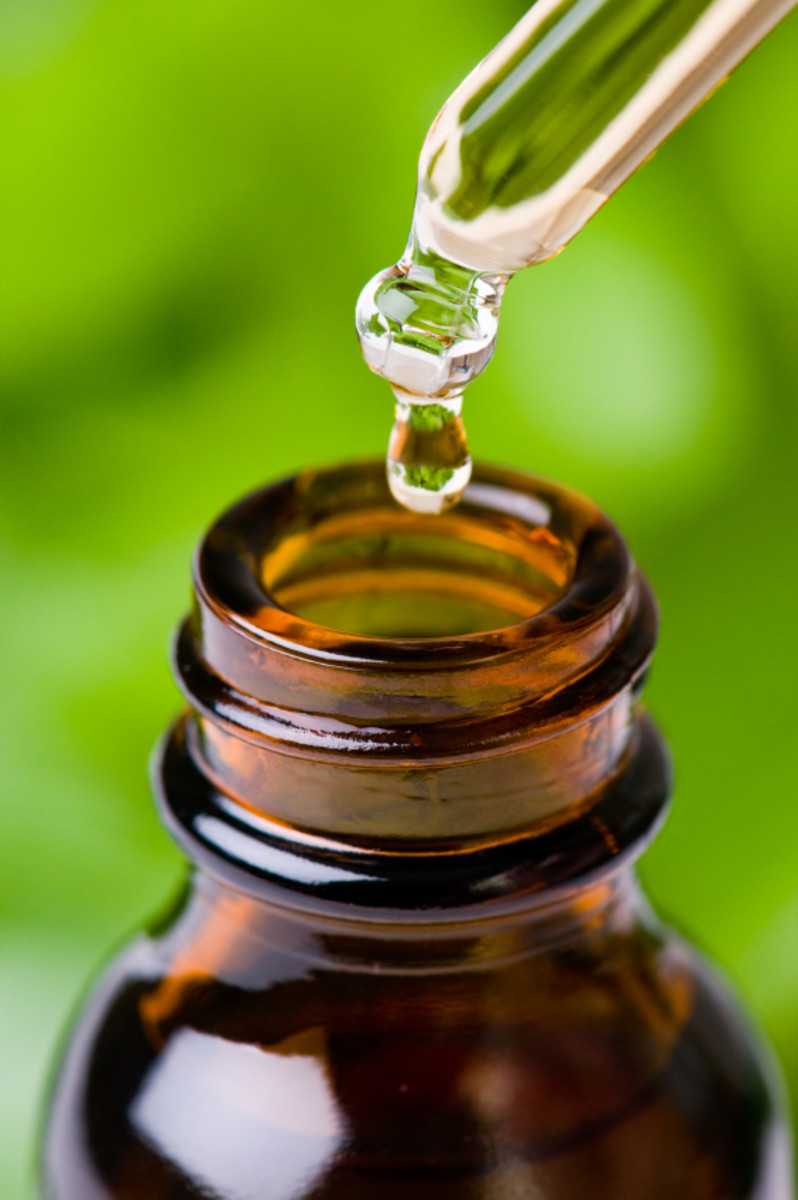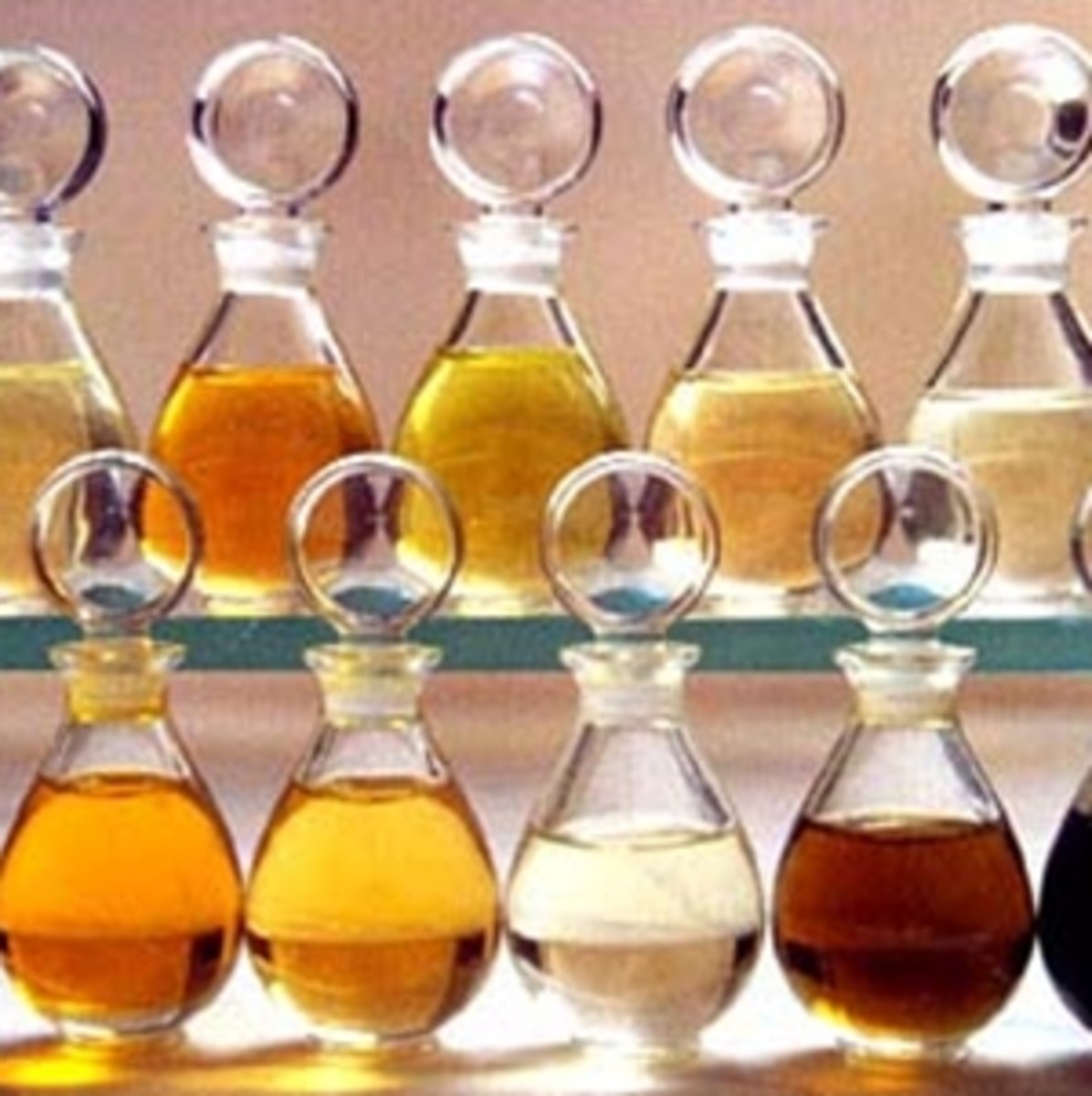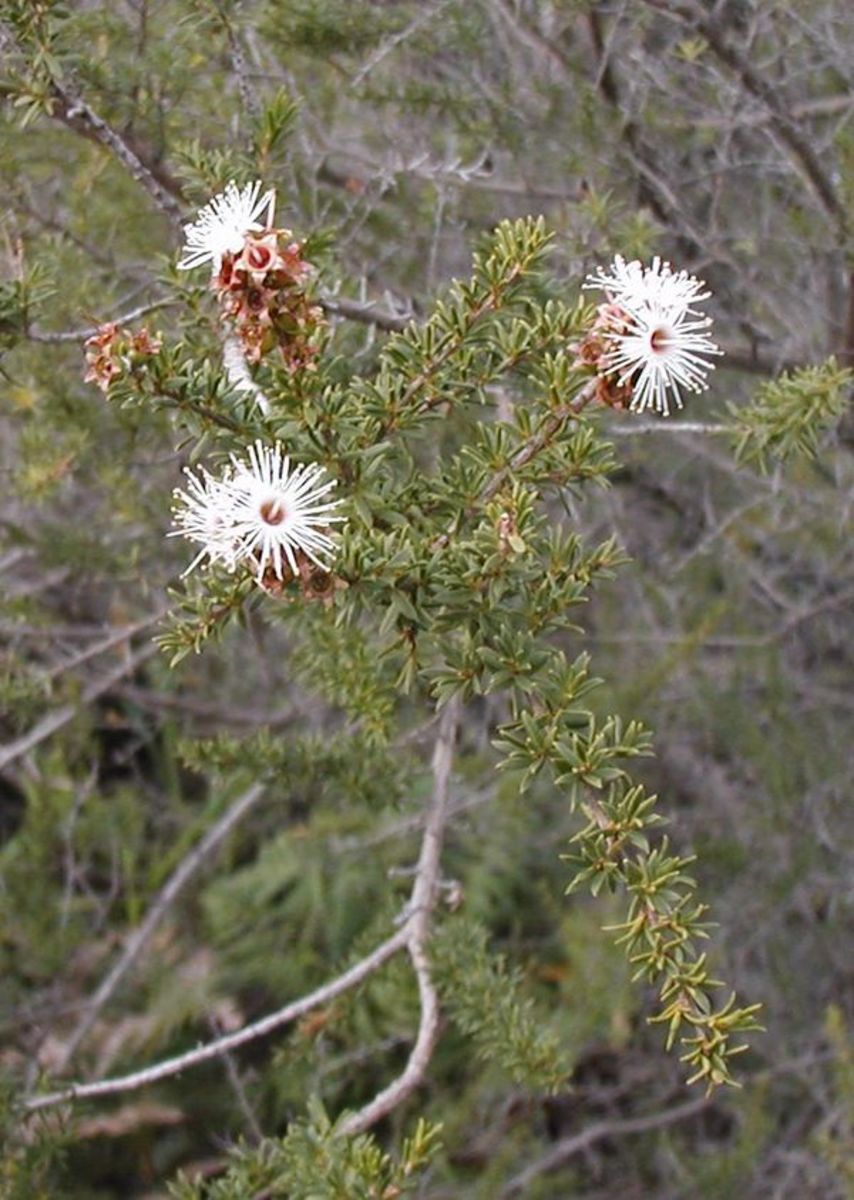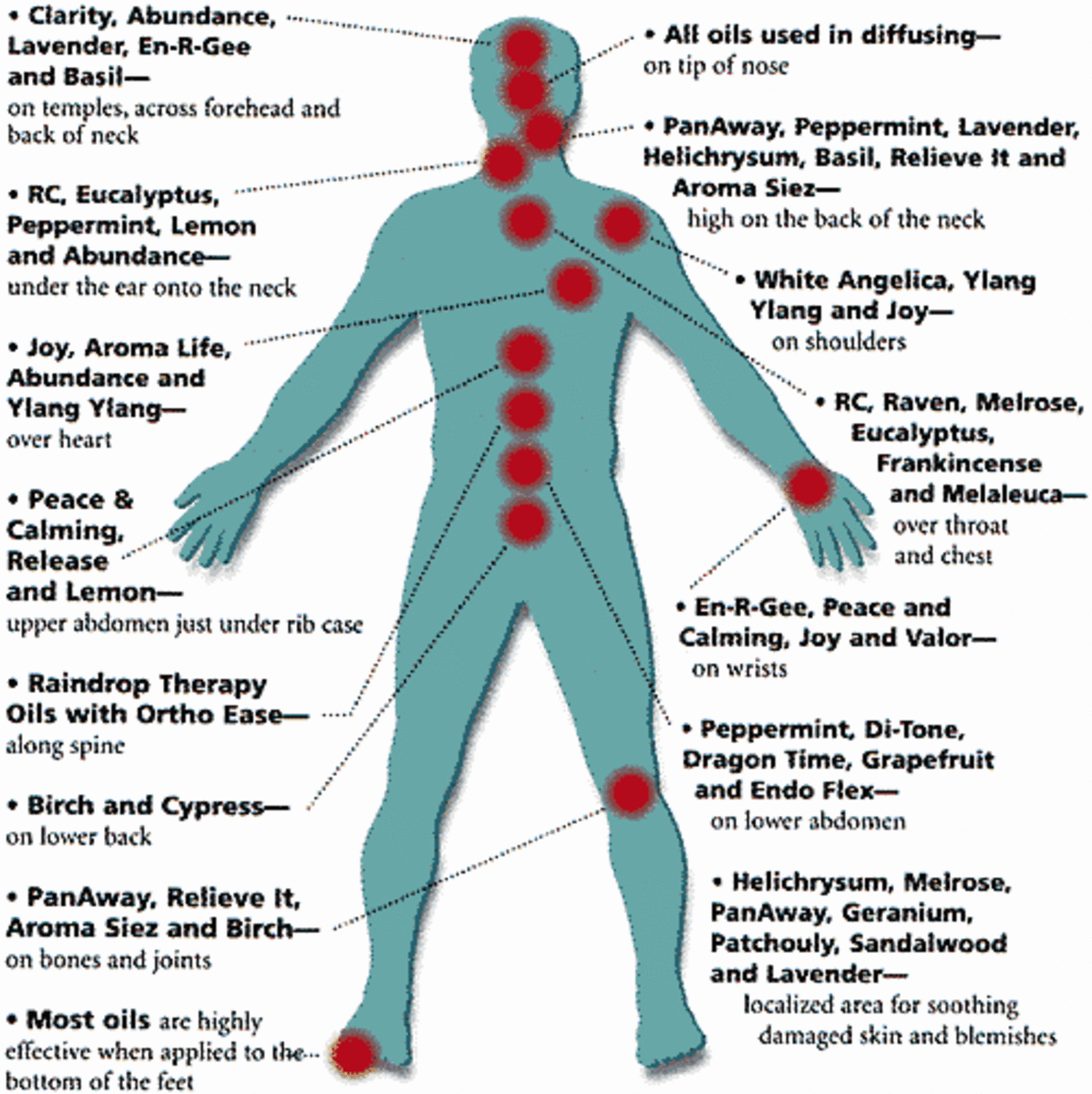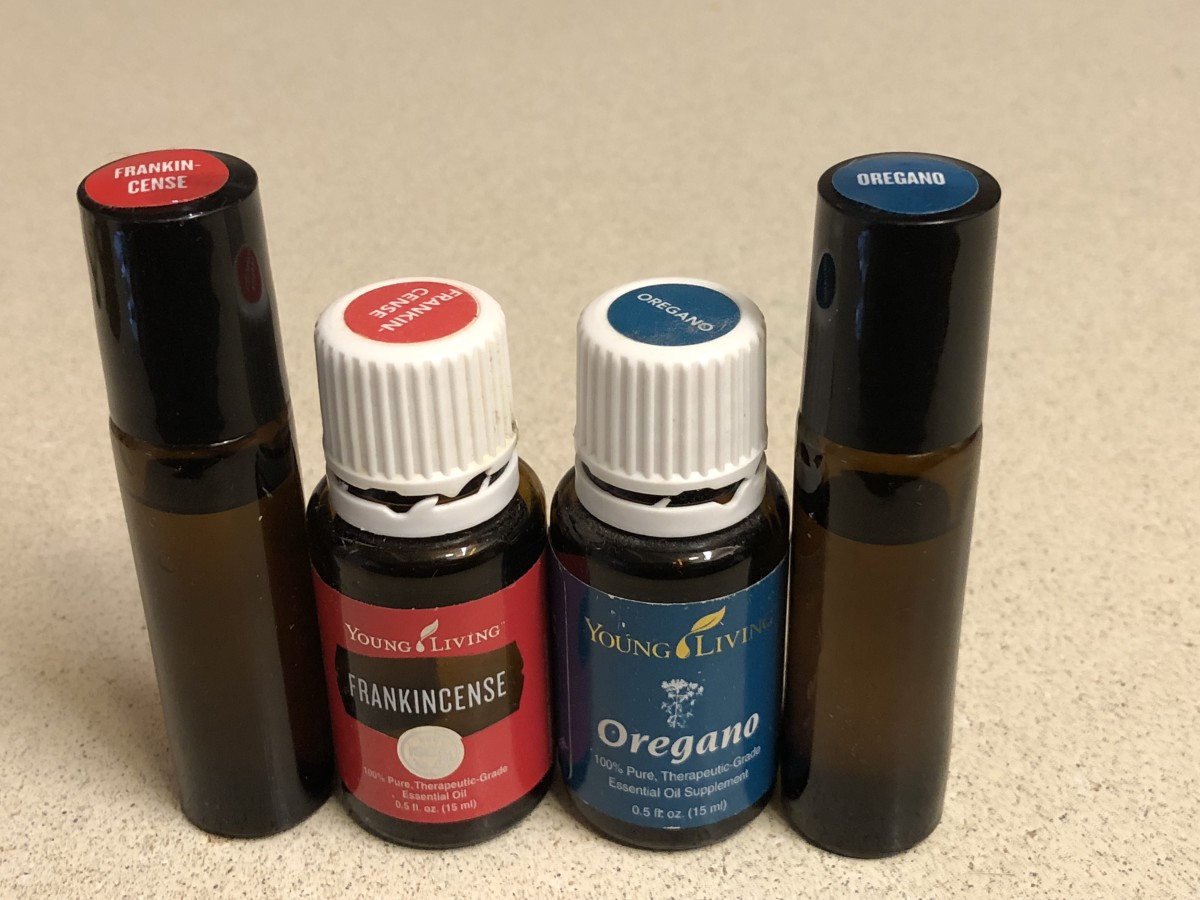- HubPages»
- Health»
- Alternative & Natural Medicine»
- Aromatherapy
STRESS MANAGEMENT: Aromatherapy for Stress and Stress Related Conditions
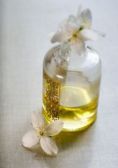
Aromatherapy is a natural, holistic treatment system designed to affect the whole person not just the symptom or disease and to assist the body's natural ability to balance, regulate, heal and maintain itself by the correct use of essential oils.
The term "aromatherapie" was coined by Rene Maurice Gattefosse in 1928. He utilized the word to imply the therapeutic use of aromatic substances (essential oils).
Aromatherapy is the practice of using basically essential oils, which are highly concentrated aromatic extracts which are distilled from a variety of aromatic plant material including grasses, leaves, flowers, needles and twigs, peel of fruit, wood and roots.
As a holistic medicine, aromatherapy is both a preventative approach as well as an active treatment during acute and chronic stages of stress and stress related conditions in promoting a feeling of physical and emotional well-being.
An immediate and profound effect of essential oils on the central nervous system makes aromatherapy an excellent method for stress management.
It
is not just charm and fragrance.
Modern scientific research has proven that essential oils are potent, wit remarkable medicinal properties. Unlike chemical drugs, essential oils do not remain in the body and leave no toxins behind. Aromatherapy also makes us feel good in part by releasing certain mood inducing neurochemicals in our brain.
Inspire calm, energize or relax, heal and repair - aromatherapy may be the missing link in your quest to achieve total wellness. Begin your journey now:
Fragrance captures the attention:
- the sweet smell of a rose,
- the enticing aroma of a freshly baked cinnamon apple cake,
- the appealing scent of a cup of warm peppermint tea,
- the pleasing fragrance of your favorite perfume....
Just the word "aromatherapy" conjures up intriguing images, and with good reason.
As much as we take our sense of smell for granted, fragrance affects us in a way that is both primal and provocative.
Power of Aromatherapy For Stress! Aromatherapy Healing the Emotions
Whatever causes your stress - work, family, or other worries - when the pressure gets too much you need to unwind and relax.
A balanced emotional state in turn can have a therapeutic effect on physical problems, particularly those that are stress-related.
Reducing stress is aromatherapy speciality.
Aromatherapy relieves stress by promoting mental relaxation and alertness, quality sleep, physical relaxation, and by increasing overall energy. Using the essential oils can help to alleviate the inevitable stress you suffer, and attain an emotional balance, which are damaged in case of distress.
Essential oils stimulate the powerful sense of smell and the part of the brain that affects our EMOTIONS.
In the brain, the aromatherapy oils can have many effects:
- promote memories
- or/and encourage feelings of relaxation, calmness, love, and excitement which you need to relief stress and alleviate anxiety.
These properties of essential oils make them so well suited to the treatment of stress-related conditions.
Essential Aromatherapy Oils For Stress
Essential oils particularly beneficial for stress related conditions include Chamomile, Jasmine, Lavender, Neroli and Sandalwood.
Tip. It is extremely important to choose an oil that you likes the smell of, since, if you dislikes a particular scent, then that oil will not be beneficial for you.
Chamomile
Properties: calms the nerves, tonic, pain reliever, digestive stimulant, and antibacterial. Can be used to treat skin conditions, nervous tension, digestive problems and rheumatism.
Jasmine
Properties: antidepressant, aphrodisiac. Can be used to treat depression.
Lavender
Properties: antiseptic, antispasmodic, relieves pain, calming. Can be used to treat burns, wounds, headaches, insomnia and nervous conditions.
Neroli
Properties: calming, aphrodisiac, antiseptic, digestive aid. Can be used to treat insomnia, anxiety, depression and digestive upsets.
Sandalwood
Properties: calming, antiseptic, sedative, aphrodisiac. Can be used to treat fatigue, urinary infections, bronchitis and impotence.
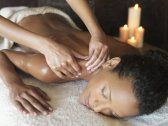
How to Use Essential Oils
Aromatherapy Techniques
Essential oils can be used in a number of ways, however you should never ingested them or take them orally.
- The oils can be sprayed around using a room spray. A clean plant spray filled with water, to which a few drops of oil have been added, is ideal for this. It is important to avoid furniture and fabrics, which may stain.
- Placing a few drops onto a tissue or cotton wool and putting it on a radiator or, leaving it in the sun can also achieve a similar effect. Almost anything, which will allow the oils to evaporate into the air, will be suitable.
- Aromatherapy massage. This relaxes the body, eases tight, aching muscles and releases toxins to be eliminated from the body.
- For stress and restlessness, combine up to 10 drops of essential oils with a cup of Epson Salts. The mineral content in the salts will help relieve muscular tension and the oils will induce a state of deep relaxation. Let your body loose and let go of all your worries – just seize the moment and make it yours.
- It is easy to improve the mood of any room with a addition of a aromatherapy vaporizer/diffuser. By simply adding a few drops of essential oil to a diffuser dish filled with water and placing it over a small candle or other source of heat, such as a heating element or a light bulb you can fill a room with scent, which can be surprisingly effective in changing your mood and alleviating daily stress.
Stress Buster Diffuser Oil Recipe
Combine 15 drops lavender oil
10 drops sage oil
10 drops elemi oil
10 drops geranium oil
8 drops bergamot oil
8 drops orange oil
8 drops rosewood oil
6 drops ylang ylang oil
5 drops coriander oil
Add a few drops to your Diffuser.Aromatherapy Essential Oils Books
Aromatherapy Oil Combinations
While each of the essential oils above can be used alone, you may find that you enjoy blending them as well. You can experiment to find a blend that works best to help you relax and manage stress.
There are many combinations you can use. Many Aromatherapy books provides plenty of examples of different essential oil blends for different conditions.
Tip
In general, you should pay attention to the aroma you get when blending the oils.
No matter how therapeutic oils may seem to be, if essential oils do not smell good in combination, they will not have the desired effect on you.
All oils have top, middle or base notes. Some can be a combination of two or even all three. Top notes are the first impressions of a scent, middle notes are the body and base notes are the scents that linger the longest. The top notes evaporate more quickly and the base notes more slowly. Blends should contain a mixture of top, middle and low notes.
Any good book on Aromatherapy will tell you the notes particular oil has, in addition to the best types of oils to blend together for a good aroma. A blend should generally consist of three different, but complementary, oils.
How To Use Herbs For Stress Management
- Adaptogens - " Reinforcement" Supplements Against Stress
Chronic stress and constantly elevated cortisol levels damage 100% of your body systems, affects your overall health; your bodies begin to break down and it reasonably accelerates aging as well. - Herbs for Anxiety and Stress
The medicinal benefits of herbs have been known for centuries, and many herbs contain powerful ingredients that, if used correctly, can help to heal the body and manage stress and anxiety.
About the Author
Dr.Inese Millere , M.D. is lifestyle coach in holistic stress management and mindful eating for busy women after 40 who want to be Fit, Balanced and Ageless: to manage stress, stress eating, have a healthy and joyful relationship with food and enjoy healthy living and longevity.
Join hermindful eating coaching program -- a comprehensive and sustainable healthy lifestyle program based on mindful eating principles that guides you to eat instinctively, end mindless and emotional eating without deprivation and guilt, live a more active lifestyle, and balance eating for enjoyment with eating for health.


